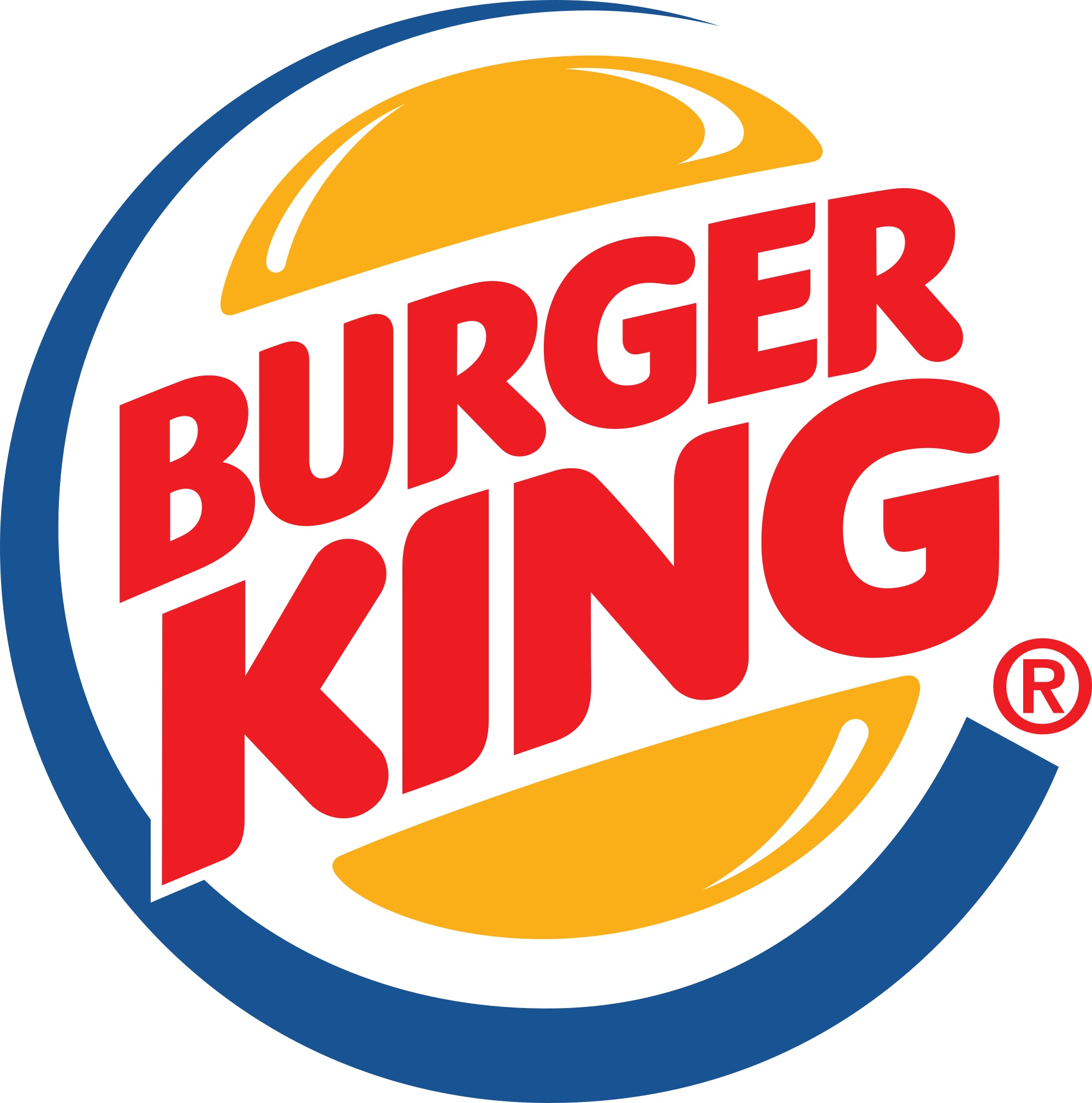The CEO of RBI, Burger King’s parent company, has given an interview to the Financial Times indicating that the company is looking seriously at entering Nigeria, while noting that considerable infrastructure challenges remain. Trendtype believes that it won’t enter until at least 2020.
Daniel Schwartz, CEO of Burger King’s parent company Restaurant Brands International, has revealed that the company is in talks to open restaurants in several sub-Saharan African countries, including Nigeria. However, Burger King has long outlined plans to open across Africa – mindful of both the opportunity and that arch rival McDonald’s has a limited presence in Africa.
Burger King already has a store in Ghana – sometimes seen as a ‘trial run’ country for Nigeria – which opened in May 2018. Burger King is also present in Kenya (since 2016), Côte d’Ivoire (2015), South Africa (2013), Morocco (2011) and Egypt (since 2007). Its largest market is South Africa, where it has 69 outlets in South Africa. The franchisee, Grand Parade Investments (GPI), also has the franchise rights for Zambia, Botswana, Zimbabwe, Mozambique, Namibia and Mauritius. So far GPI has only opened stores in South Africa.
Burger King’s partner in Ghana and Kenya is Servair. But these franchises, while growing are young and relatively unproven. In August, Servair opened its fourth outlet in Kenya. We believe that Servair is likely to be Burger King’s preferred partner in Nigeria as well. There are few established franchise operators in Nigeria. One of the leading operators, Eat N’Go Africa, runs a growing set of franchises that includes Domino’s pizza, as well as Cold Stone Creamery (ice cream) and Pinkberry (frozen yoghurt).
There are three challenges:
- the complexity and reliability of the supply chain needed for running an international burger franchise
- the lack of experienced foodservice franchise operators
- unclear consumer demand for burgers
Of these challenges, the first two are arguably the most important. As we saw with the issue around overstickering product at Krispy Kreme’s new franchise in Lagos, there are considerable operational complexities. Even so, where Krispy Creme and pizza franchises can import much of their ingredients on demand, McDonald’s and Burger King have normally sought to establish strong local franchises.
KFC opened its first outlets in Nigeria since 2009, although it had to close several stores during the prolonged recession from 2014. The company also imports key ingredients – for example its potatoes are imported from the Netherlands and are subject to a 20% import tariff. The net result is that KFC meals can be up to four times the cost of the same meal in other countries. Burger King understands this. It means any expansion into Nigeria has to be based on a long term play of achieving scale, with the right franchise partner, and driving down the cost of the product through local sourcing. Servair, which is primarily an airline caterer is building scale: the company currently provides meals for outbound flights for Air France, KLM and Virgin Atlantic in Nigeria.
Because Burger King burgers will be affordable only to the wealthiest 5-10% of consumers, it places added pressure on any franchisee. Nigerian consumers also have little experience of burgers: there are several domestic and international fried chicken, pizza and shawarma chains in Nigeria. There are also several domestic chains serving Nigerian-style fast food. The most notable of these is Mr Biggs, which has more than 150 outlets nationally.
But burgers restaurants are rare – burgers are typically only found on the menu in international hotels, although there are a few independent burger restaurants. One criticism of KFC is that it didn’t do enough to cater for local tastes. Nigerian consumers are aware of the country’s growing status in Africa and unafraid to insist that international companies build their product strategies around what they, the consumers, want. They are also proud to back domestic chains.
Overall, Burger King is under little pressure to move quickly in Nigeria. McDonald’s does not have a single franchise in West or East Africa. Its only franchise in sub Saharan African is in South Africa. We believe that parent company RBI is likely to sit out for at least until 2020 and allow Servair to establish its Burger King franchise, test demand in Ghana, learn lessons and build a base that can be used potentially for any expansion into Nigeria. But by 2020 the imperative will be much stronger: a significant recovery of the Nigerian economy will turbo charge demand and development of the kind of premium malls Burger King will favour also continues – there are currently 8-10 viable cities today.










